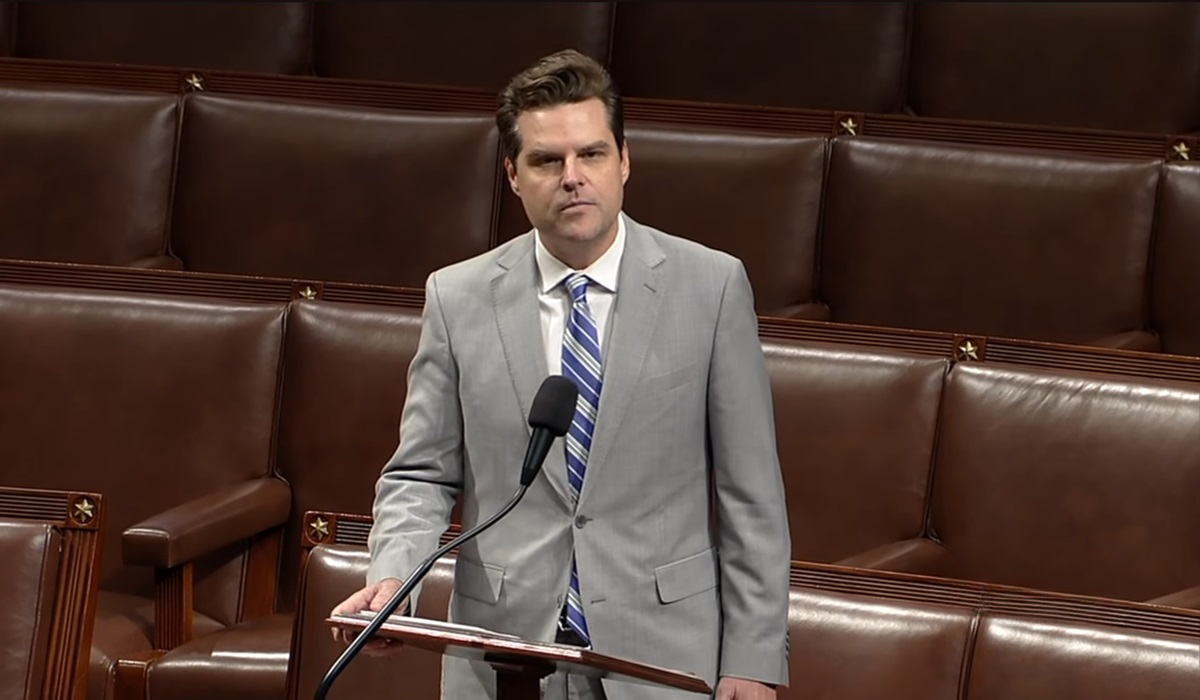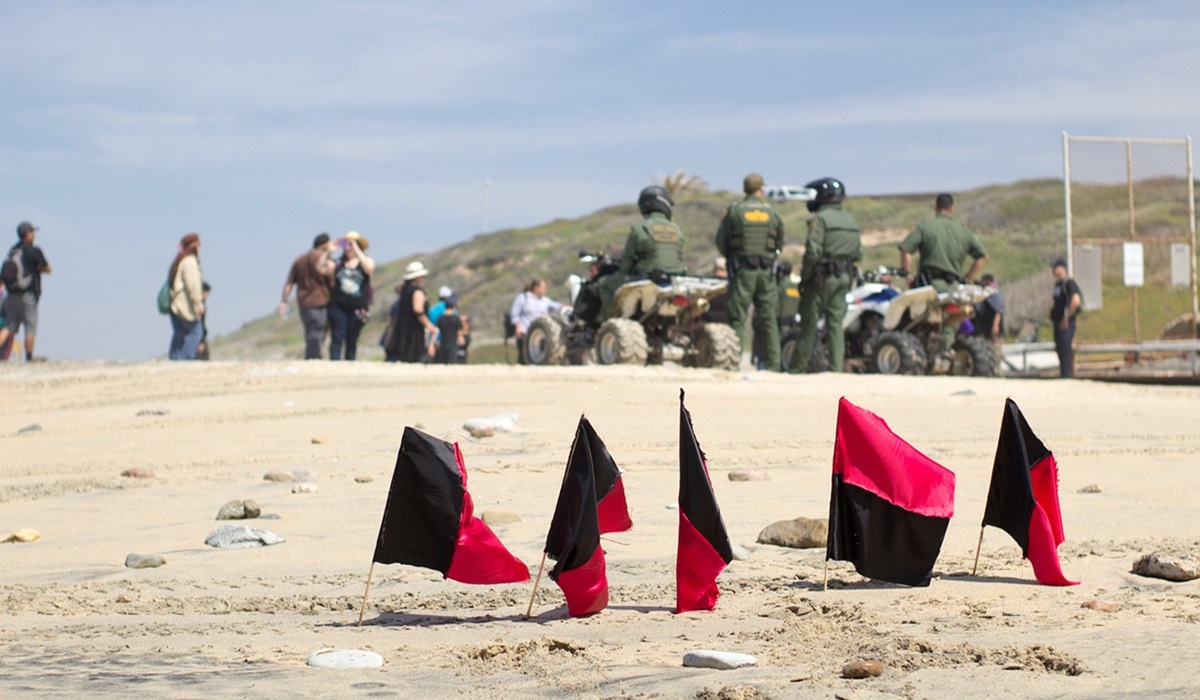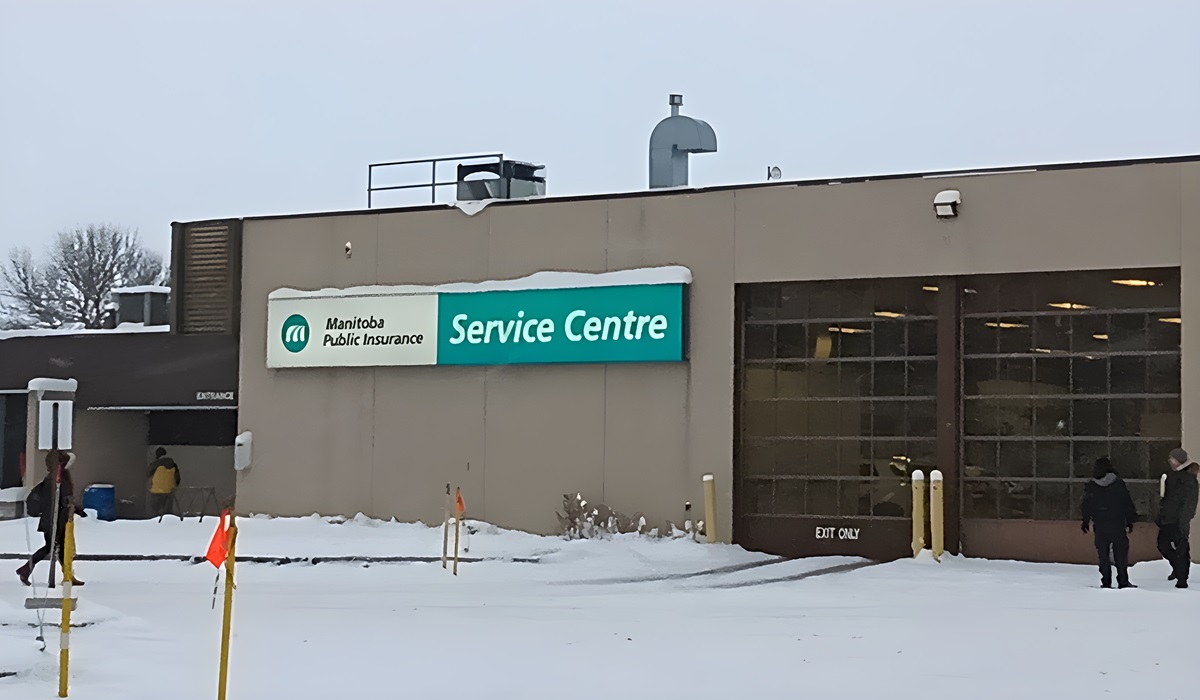North Carolina Under 2 Severe State Of Emergency Warning
- TDS News
- Breaking News
- Southern USA
- April 13, 2020
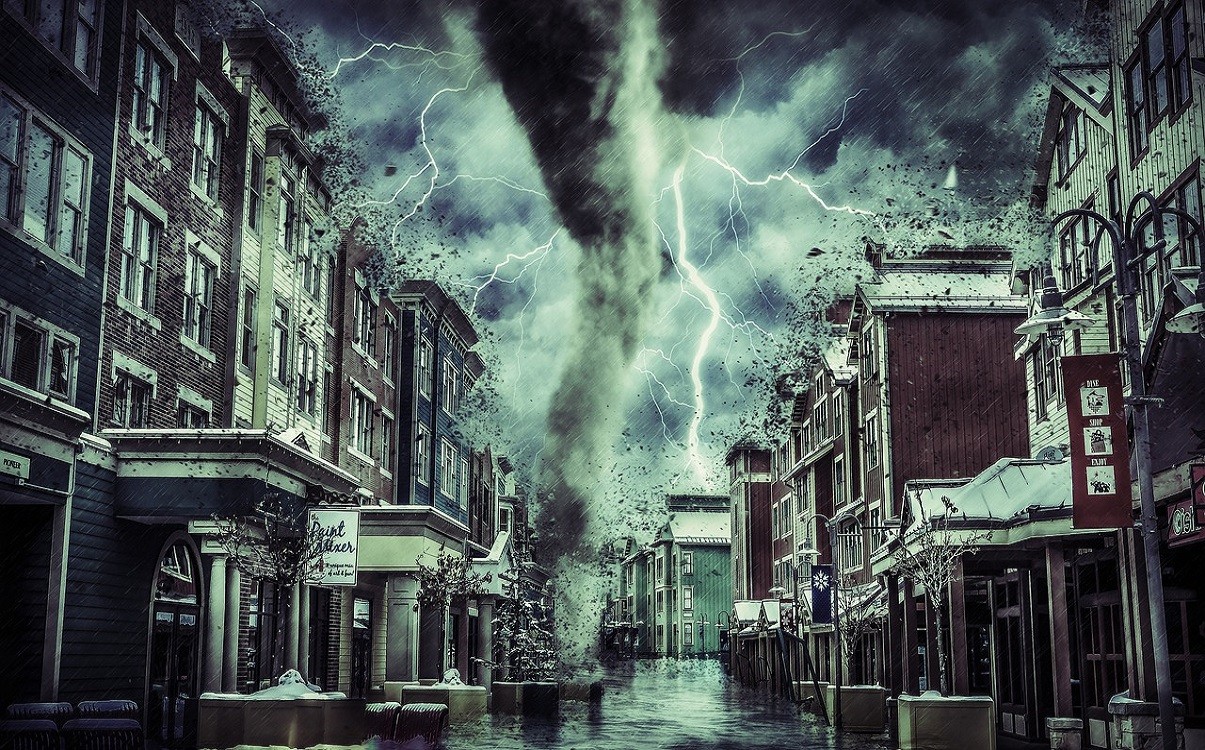
North Carolina Under 2 Severe State Of Emergency Warning, First COVID-19 & Now Flash Flooding & Thunderstorms
North Carolina Governor Roy Cooper is urging North Carolinians to be prepared for severe weather and the possibility of power outages overnight and into Monday afternoon, as a strong cold front moves across the state.
“North Carolinians are already following Stay At Home orders for the coronavirus, and now it’s also important to prepare for strong storms and possible power outages,” said Governor Cooper. “Be sure to follow weather conditions closely on Sunday and Monday, and have a way to receive severe weather warnings.”
The National Weather Service says strong thunderstorms along the front may be capable of producing damaging wind gusts, tornadoes and large hail. A few strong, long-lasting tornadoes are also possible. Very heavy rainfall could lead to flash flooding, especially across the mountains overnight.
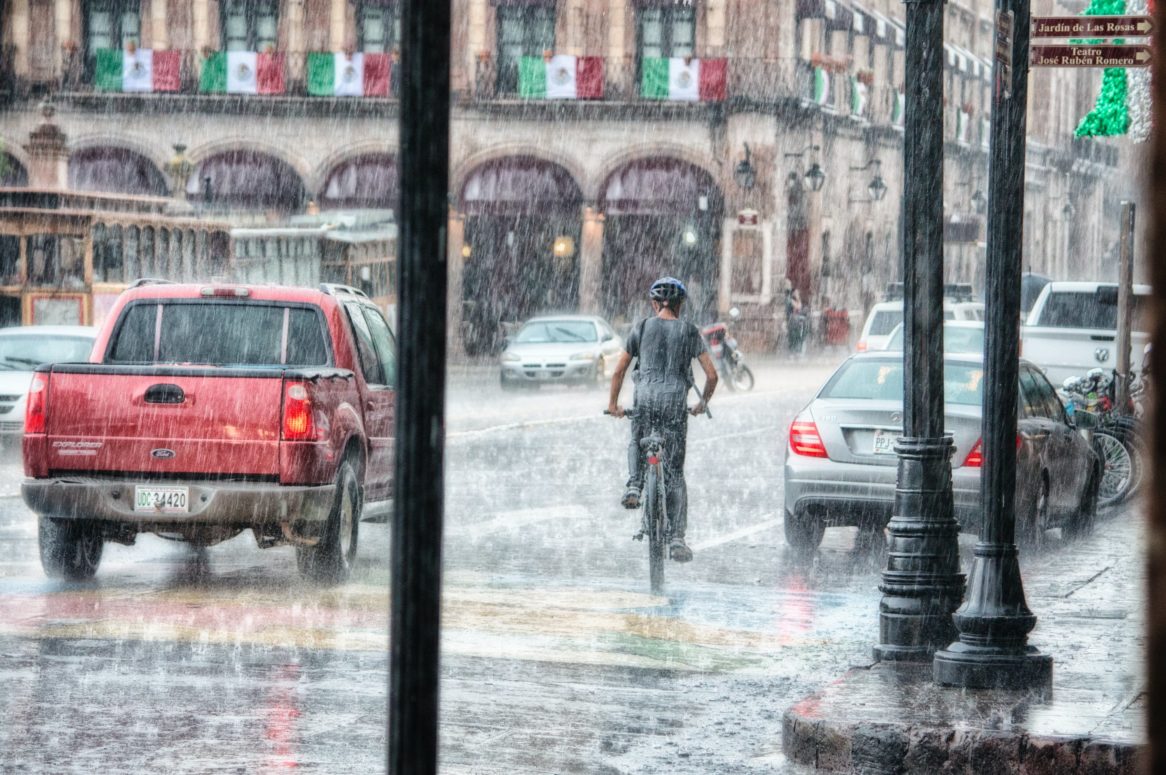
Night-time severe weather, when most people are sleeping, can be particularly dangerous. Before going to bed Sunday night, be sure to have a way to receive severe weather alerts that can wake you, like a NOAA weather radio or weather alerts enabled on your cell phone with the volume turned up loud enough to wake you. Be sure you have reviewed with your family where to seek shelter in your home should you be wakened by a weather warning or an approaching storm.
You can prepare for power outages by having flashlights with fresh batteries handy, charging cell phones, having a cooler ready and knowing how to report an outage to your power company.
If Your Power Goes Out
- Report your outage immediately to your local electric company. Don’t rely on your neighbors to report your outage.
- Stay away from downed power lines, flooded areas and debris. Treat all fallen wires and anything touching them as though they are energized. Immediately report downed lines to your local electric company.
- Keep freezer and refrigerator doors closed. Food will stay frozen for 36 to 48 hours in a fully loaded freezer if you keep the door closed. A half-full freezer will generally keep food frozen for 24 hours.
- Pack refrigerated items, such as milk, other dairy products, meat, fish, eggs, gravy and spoilable leftovers into a cooler surrounded by ice. Inexpensive Styrofoam coolers are fine for this purpose.
- Follow safe operating procedures for generators. Never operate one inside your home or in an enclosed space, such as a garage.
- If using portable stoves, kerosene heaters, or lanterns, make sure that the area is sufficiently ventilated.
North Carolina and its State Emergency Response Team, along with local emergency management are experts in responding to severe weather situations. Even as COVID-19 efforts are underway, the state is preparing for severe weather and encourages the public to do the same. As North Carolinians follow the Stay At Home order, people should consider how their needs change when the pandemic is coupled with the potential for weather damage.
You May Also Like
Heavy Rain Increases Chance Of Major Flooding In The Uk

